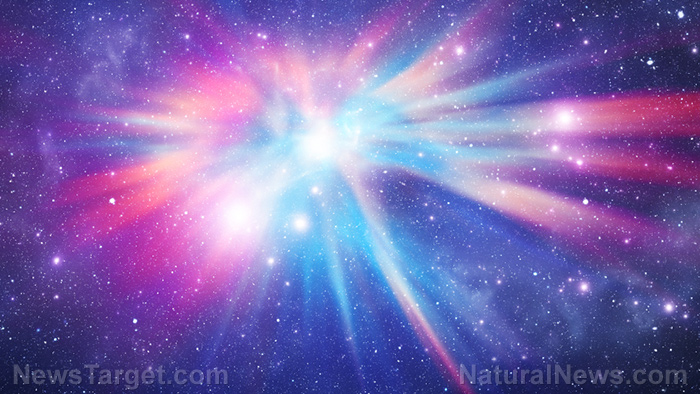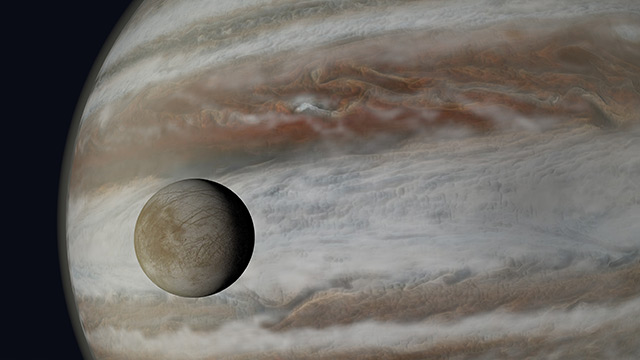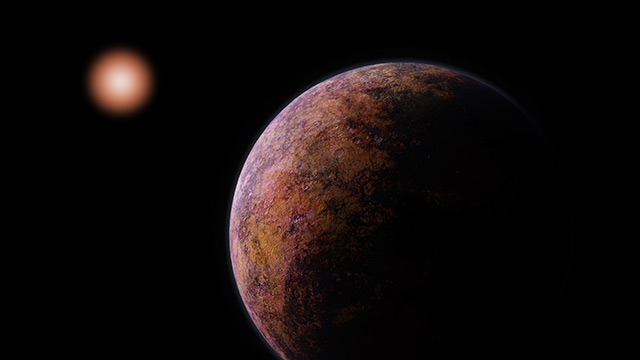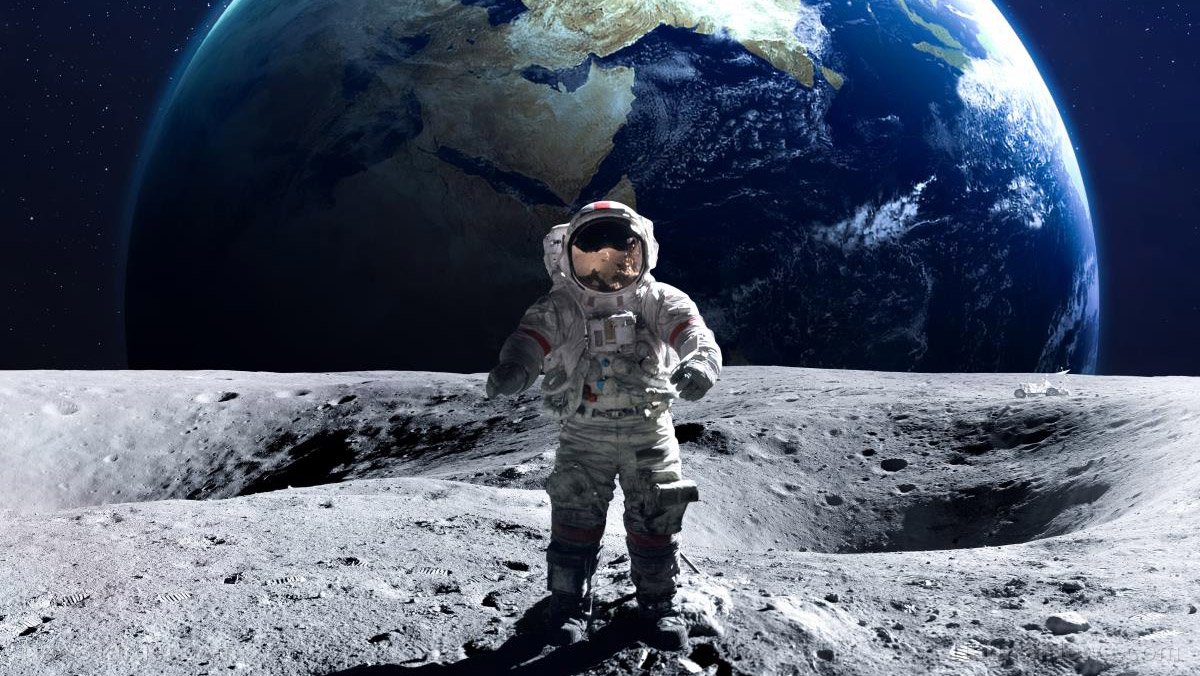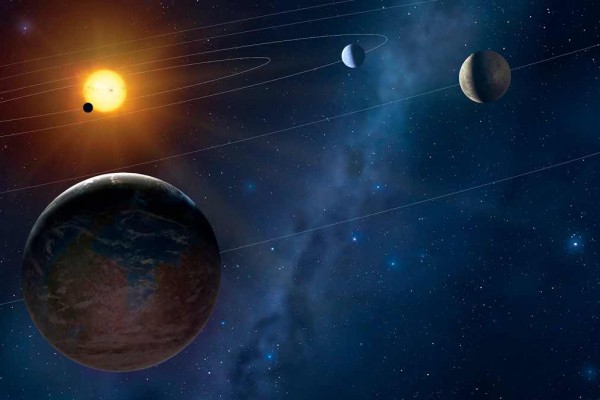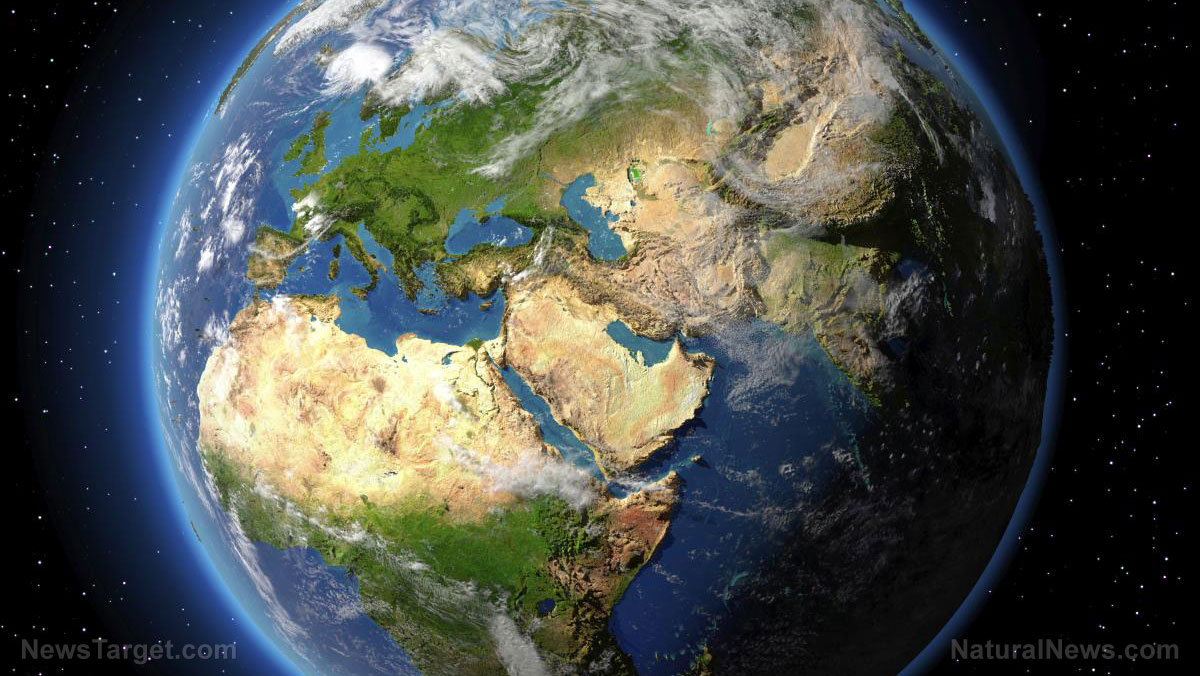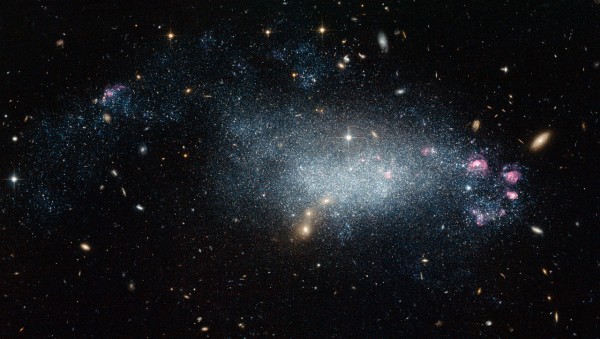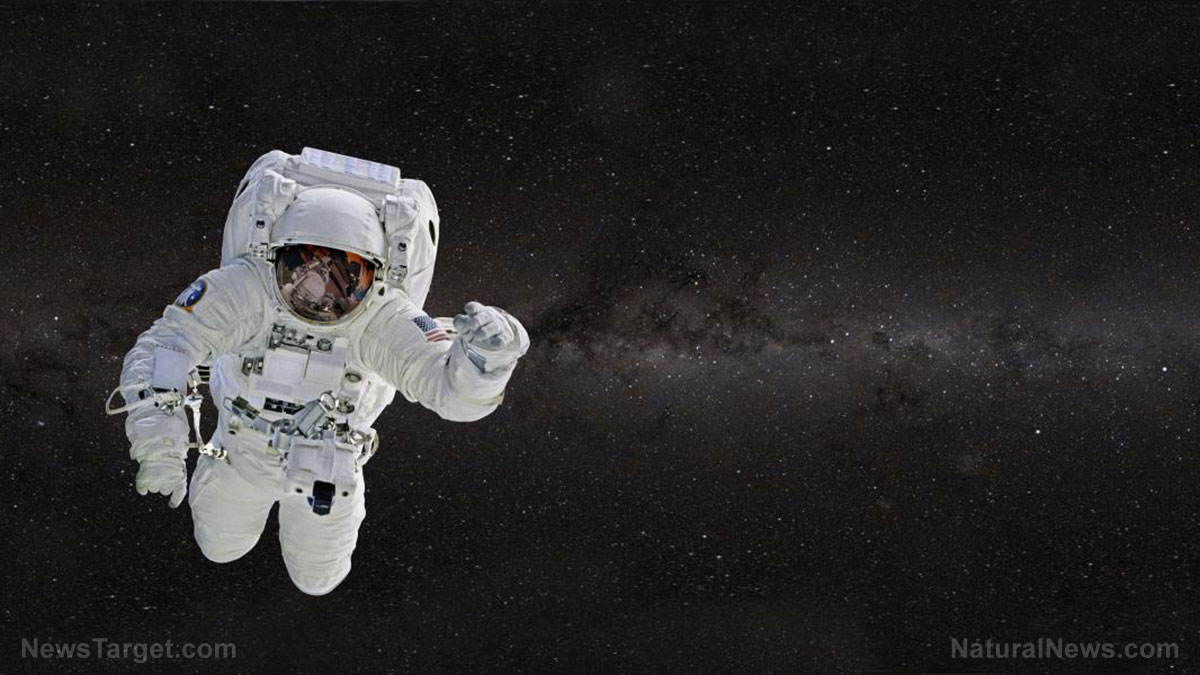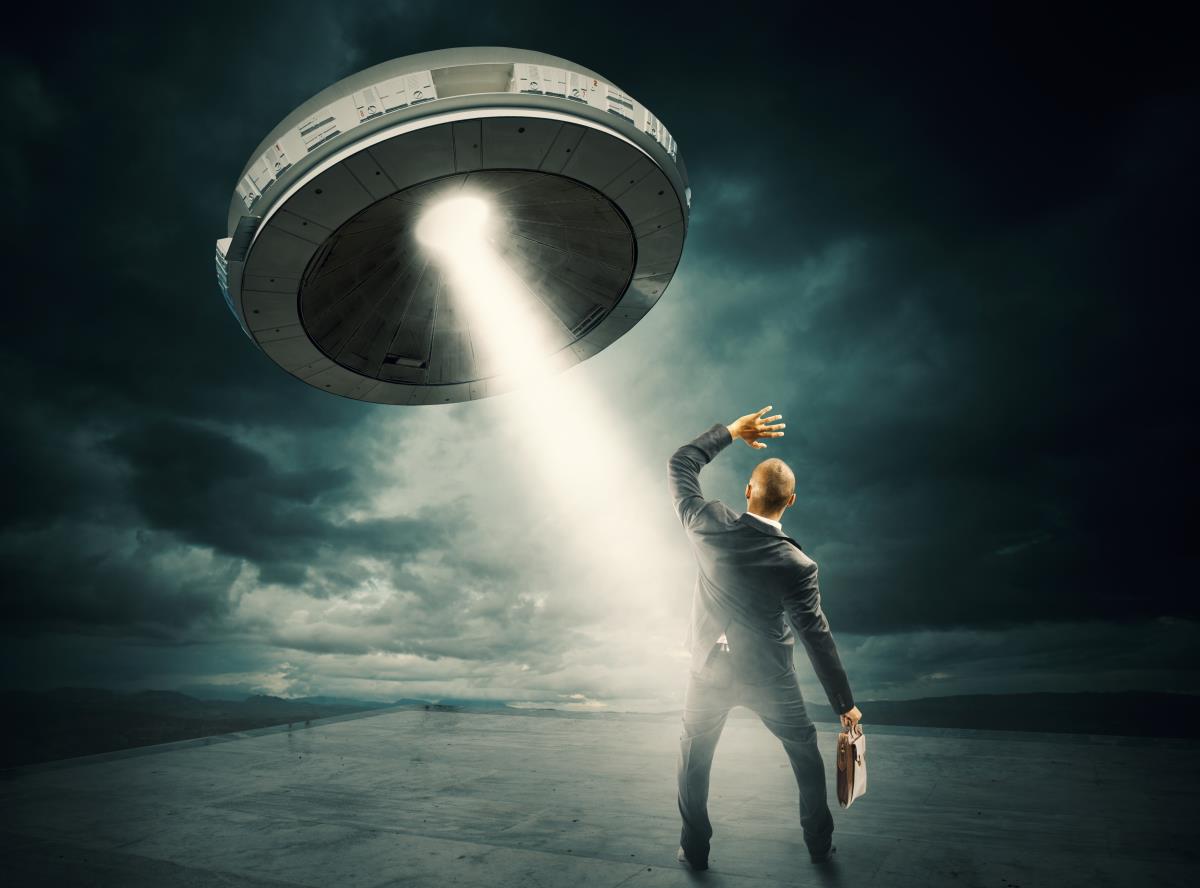“Quantum mechanics saves us when things break down,” explains team member Steffen Gielen, from Imperial College London.
“It saves electrons from falling in and destroying atoms, so maybe it could also save the early Universe from such violent beginnings and endings as the Big Bang and Big Crunch.” (Spoiler: The Big Curnch is how scientists predict our Universe might end, and it ain’t pretty.
To come to that conclusion, the team built a computer model that simulates how the Universe might have evolved over time.
When all was said and done, they found that using quantum mechanics, theUniverse could have expanded from a single point even with the minimal amount of ingredients – radiation and a little matter – that were present at the time.
“The big surprise in our work is that we could describe the earliest moments of the hot Big Bang quantum mechanically, under very reasonable and minimal assumptions about the matter present in the Universe,” said team member Neil Turk, from the Perimeter Institute for Theoretical Physics in Canada. “Under these assumptions, the Big Bang was a ‘bounce’, in which contraction reversed to expansion.”
While the current model explains how the Universe might have transitioned between expansion and contraction, the team is now looking to see if it caneventually produce the objects inside the Universe, such as galaxies and other celestial structures.
This isn’t the first time a team of scientists have claimed that the Big Bang as we know it might have never happened.
Back in February, a team of researchers from Egypt created a model that stated that the Universe has no beginning or end. Instead, using quantum mechanics and Einstein’s theory of general relativity, they suggested that the Universe has simply been going forever.
Hopefully, as computer models continue to get more powerful with each passing day, we will eventually have a better, more complete understanding of how our Universe formed – and one day might all disappear.
The new study was published in the journal Physical Review Letters.




